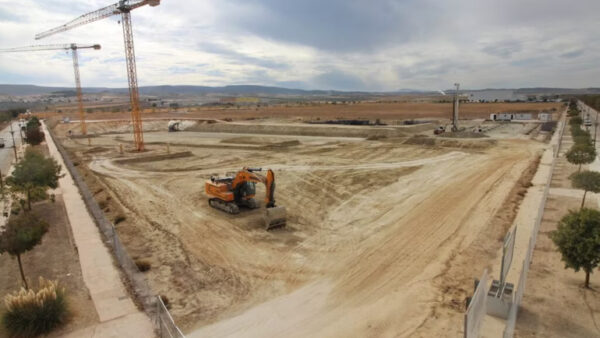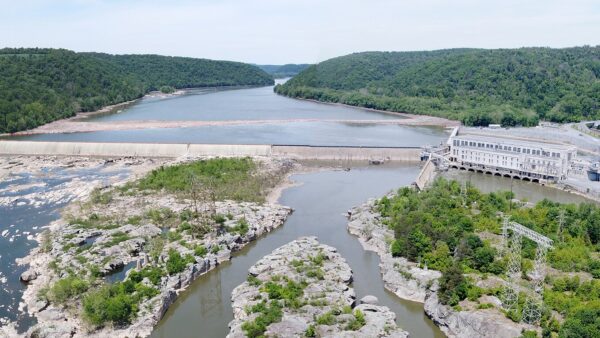The effect of climate change on Indian farmers, who are vulnerable to small changes in growing conditions, may have led to more than 59,000 suicides over the past 30 years.
The estimate was published in a paper by authored by Tamma Carleton, a researcher at the University of California at Berkeley, and published in American journal the Proceedings of the National Academy of Sciences (PNAS).
The non-existence of formal and informal social support mechanisms caused many poor peasants and agricultural labourers to break under economic and social stress– Sucha Singh Gill, Punjabi University
Carleton said the exposure of poor farmers to changes in climate was so extreme that a 1°C variation during India’s growing season led to about 65 suicides across the country. The threshold for the effect is a rise of above 20°. If the temperature rises up 5°, it has five times that effect.
The study argues that the link is proven by the lack of any correlation between suicide rates and temperature during the seasons when crops are not grown.
“It was both shocking and heartbreaking to see that thousands of people face such bleak conditions that they are driven to harm themselves,” Carleton said in a statement. “But learning that the desperation is economic means that we can do something about this. The right policies could save thousands.”
Berkeley News commented that the study “helps to explain India’s evolving suicide epidemic, where suicide rates have nearly doubled since 1980 and claim more than 130,000 lives each year. Carleton’s results indicate that 7 percent of this upward trend can be attributed to warming that has been linked to human activity”.
More than half of India’s working population is employed in rain-dependent agriculture.
Other factors that may make Indian farmers especially vulnerable to changes in climate are their economic conditions, and their lack access to assistance available to farmers in the EU, the US and Japan.
Sucha Singh Gill, a professor of economics at Punjabi University who has studied the subject, wrote in a 2014 paper: “The non-existence of formal and informal social support mechanisms caused many poor peasants and agricultural labourers to break under economic and social stress and to commit suicide. The phenomenon of suicides under economic distress has been observed in rural Punjab since the mid-1980s.”
He added: “Show me a farmer with five acres and 150,000 rupees ($2,300) of debt; I will say to you, he is sure to commit suicide in the future.”
Carleton established her correlation between climate change, crop yields and suicide by comparing datasets for suicides between 1967 and 2013, crop yields and climate data. To isolate the types of climate shocks that damage crops, she focused on temperature and rainfall during June through September.
She cautioned that her estimates of temperature-linked suicides are probably too low, because deaths in general are underreported in India.
Carleton said one response to her findings would be to offer crop insurance or better rural credit. Global warming is set to reach 3°C by 2050.
In response to rising suicide rate, the Indian federal government has established a $1.3bn crop insurance plan.
Â
Image: Drought blights Karnataka, southwest India, in 2012 (Pushkarv/Creative Commons)






